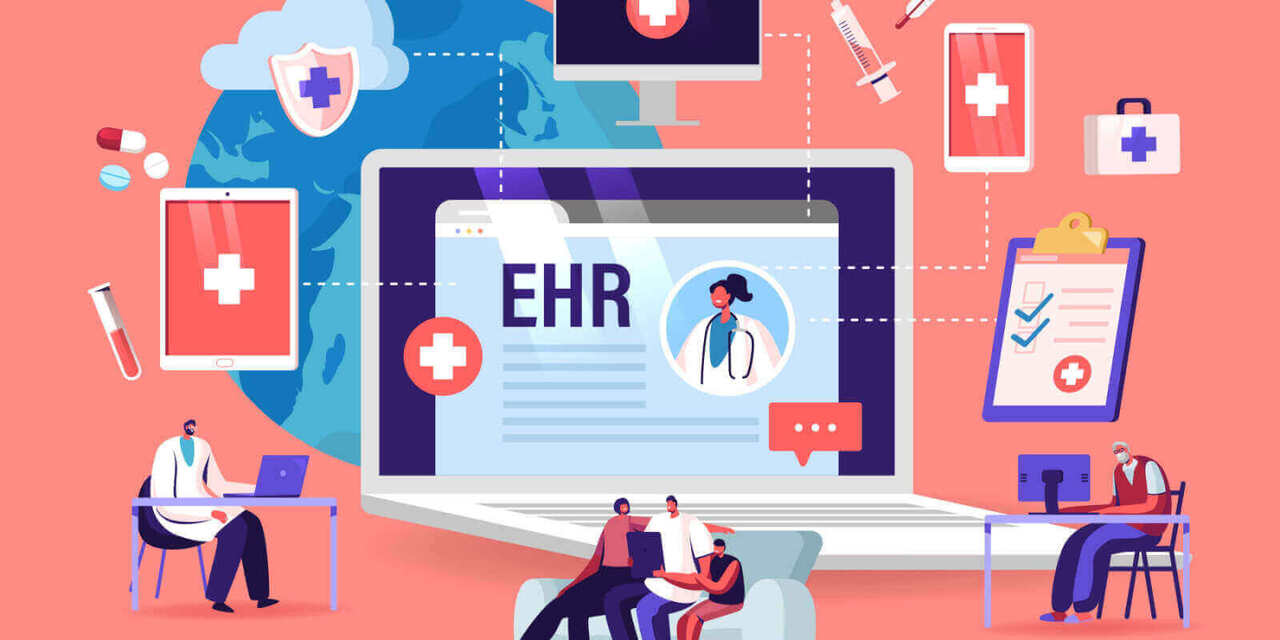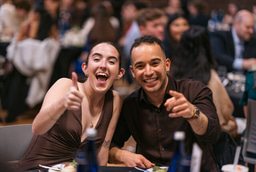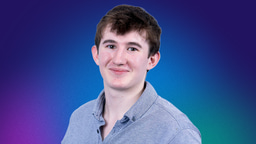Designing Sustainable EHR-Based Workflow Reforms to Mitigate Physician Burnout in Underresourced Clinical Settings

Hi everyone! I’m Paola Landeros, a Community Health student at Tufts University. Growing up in a border city, I witnessed firsthand the struggles that come with accessing quality healthcare in underresourced settings. These experiences inspired me to pursue a path where I can work toward advancing equity, especially from a legal perspective, and this project is a meaningful step in that journey.
This summer, I’m excited to explore how outdated electronic health record (EHR) systems contribute to physician burnout and inefficiencies in low-income clinics. These challenges are particularly pressing in clinics with high patient volumes and limited staffing, where inefficient systems can exacerbate administrative burdens and impact patient care. With the guidance of my supervisor, Dr. Amy Lischko, the former Director of Healthcare Policy in the Commonwealth of Massachusetts, I hope to identify actionable solutions that align with the needs of clinicians and their patients.
My research focuses on these key questions: How can simplified, logic-based alert systems benefit low-income clinics by reducing clinician burden and preventing errors? What impact does after-hours EHR work (often called “pajama time”) have on burnout and care quality, and how can tools like Epic’s Signal measure and mitigate this? Finally, how do physicians’ feelings of being undervalued influence their willingness to engage with digital tools, and what design strategies can better align with their needs?
To answer these questions, I will conduct a mixed-methods study beginning with a review of existing literature on EHR usability, physician burnout, and malpractice risk. This will be followed by 5–10 in-depth interviews with clinicians working in underresourced clinics across the U.S., either via Zoom or in person (with IRB approval). These interviews will explore topics such as time spent on EHRs outside of shifts, familiarity with tools like EPIC's Signal, and perceptions of respect and value in EHR workflows. A follow-up survey will be distributed, targeting clinicians in these settings, with questions formatted in Likert scales and open-ended responses to gather more comprehensive insights.
In addition to these primary methods, I will analyze case studies of low-cost or open-source EHR alternatives, such as OpenMRS and OSCAR EMR, to identify which features best improve workflow and reduce administrative burden. Attending conferences in the Boston area, like the Health Equity Trends Summit and BIO Boston, will provide opportunities to engage with digital health innovators and better inform my understanding of current advancements.
As part of this work, I aim to explore potential funding opportunities through organizations such as the CMS Innovation Center, AHRQ, and HRSA to support the future implementation of these recommendations.
This project is deeply personal to me because it combines my passion for healthcare disparities with my goal of advocating for equity through a legal career. I’m looking forward to learning more this summer, and I can’t wait to share more about my journey with this incredible community!



Please sign in
If you are a registered user on Laidlaw Scholars Network, please sign in
This sounds very interesting. It is interesting that you are also looking at OpenMRS as that is the platform that is used at the rural health center in Malawi that I am working at this summer. While most documentation at the hospital here is on paper, patients with HIV, malnutrition or long term NCDs (like diabetes) are all managed on OpenMRS, and soon TB patients will be on there too.